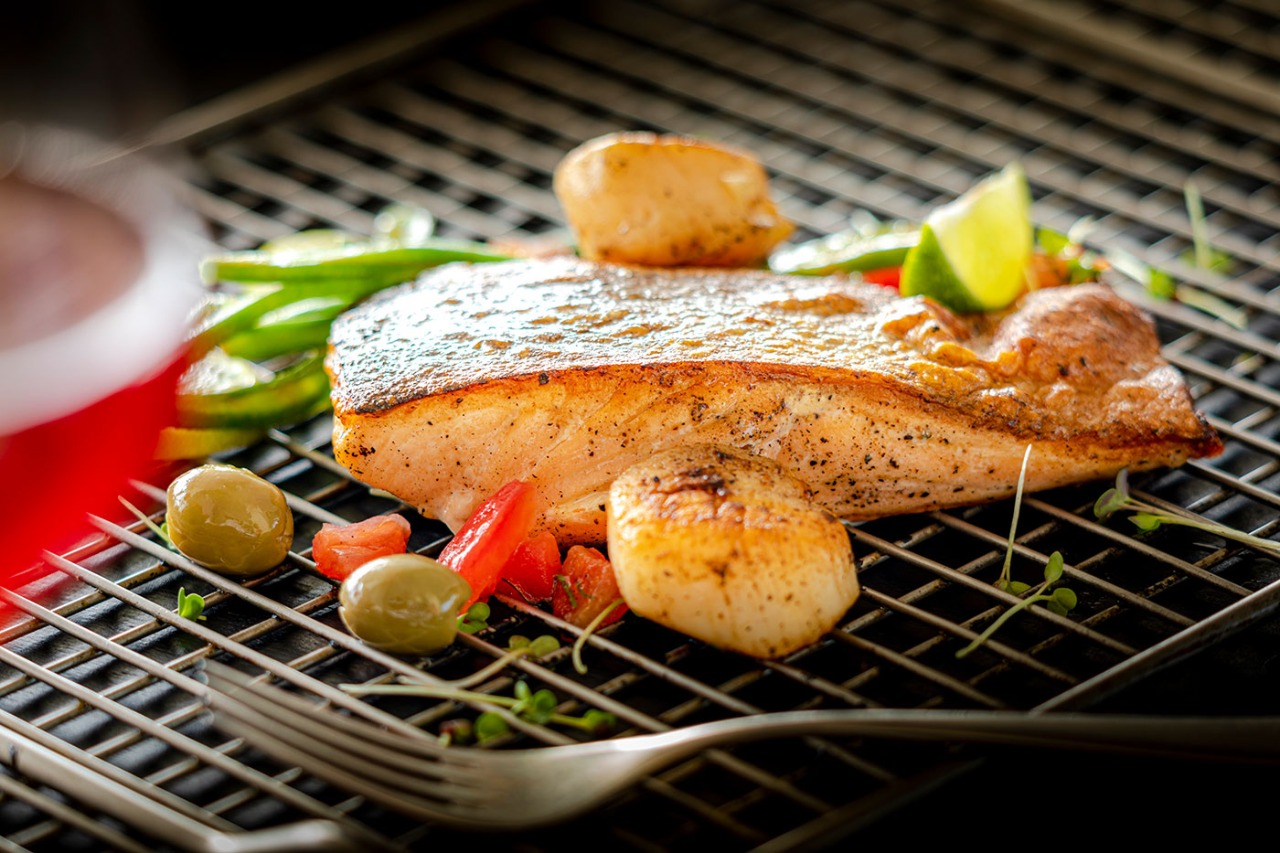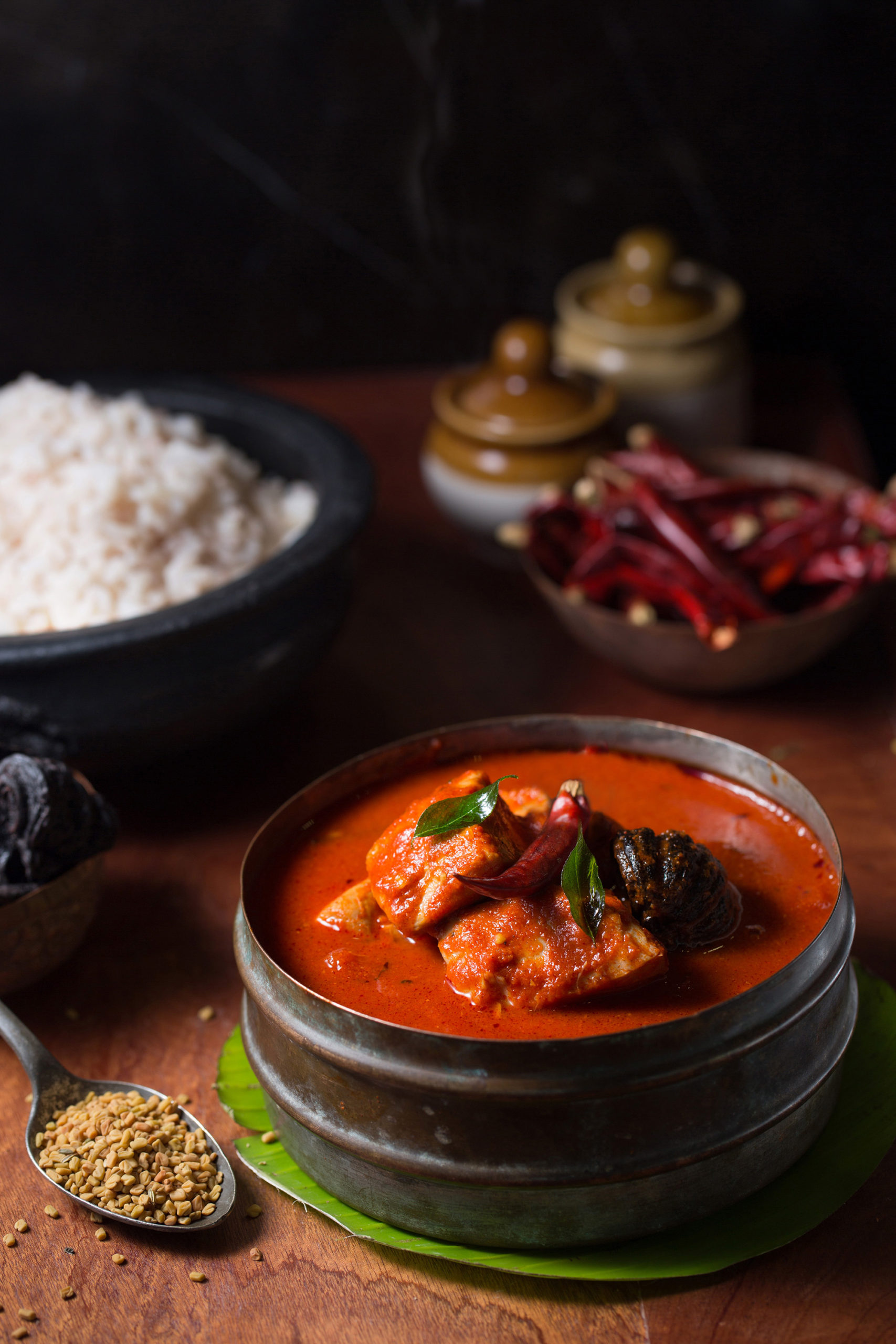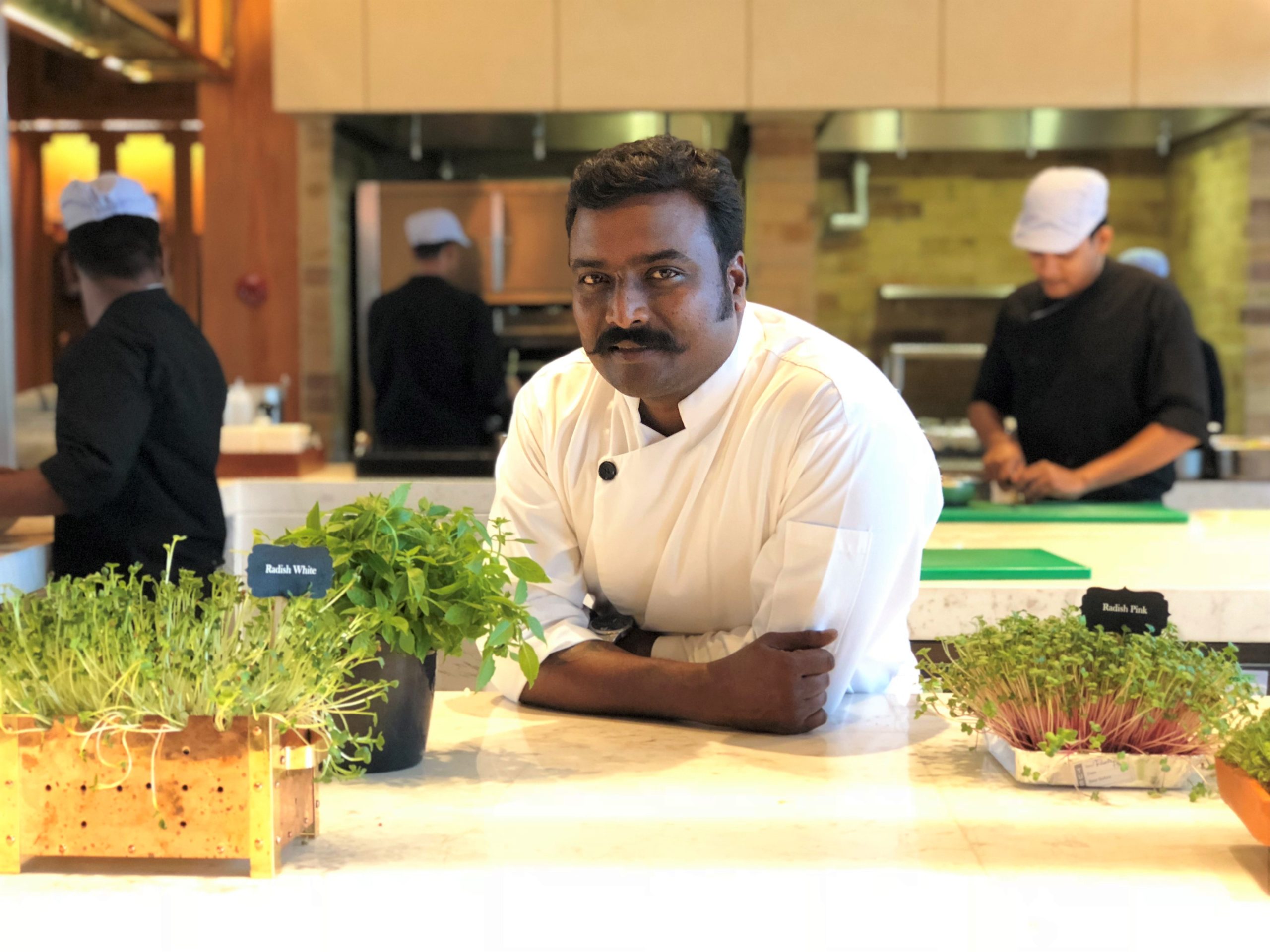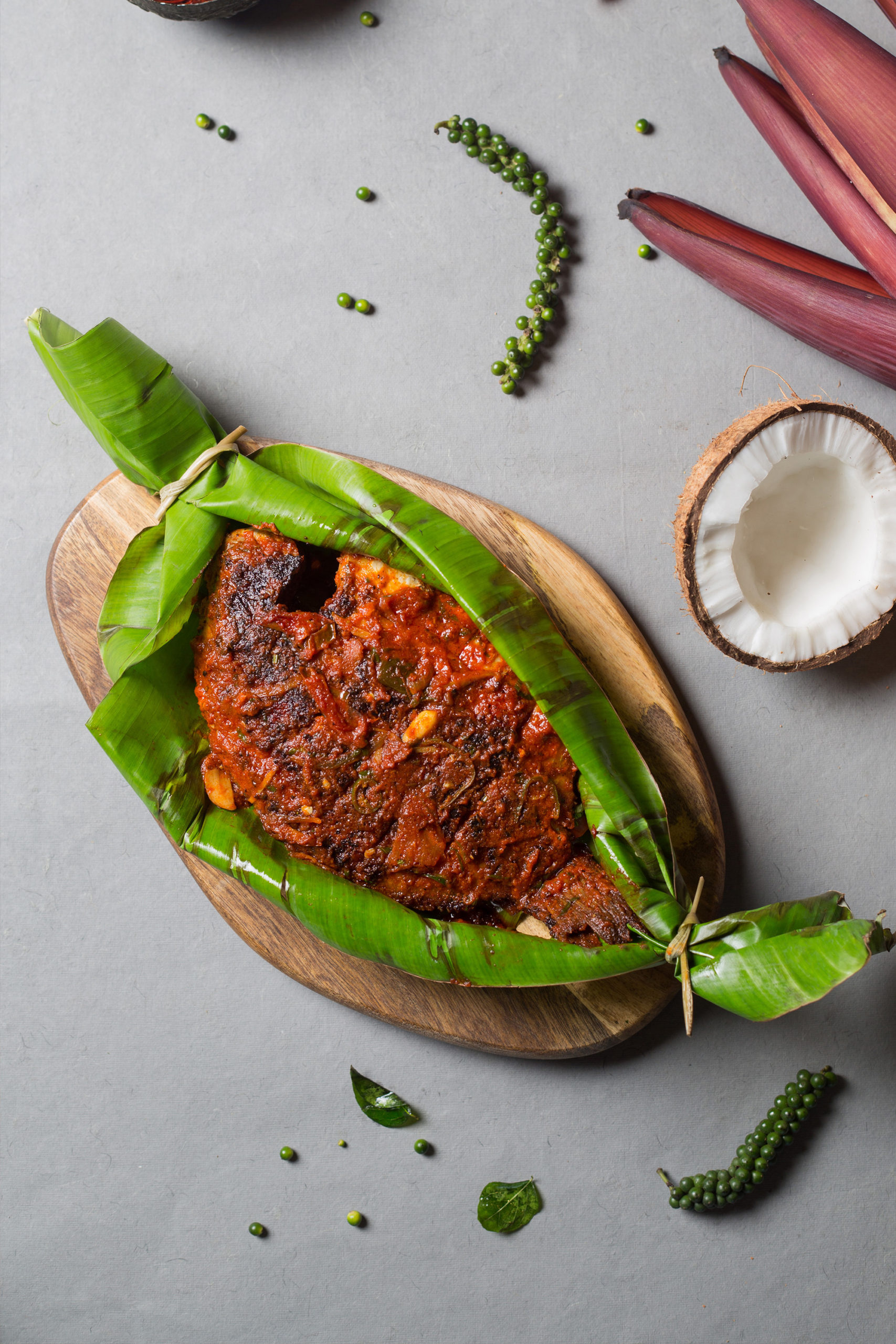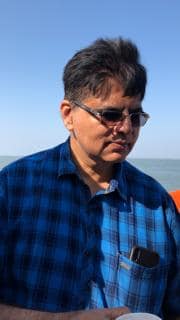Tourism & Hospitality Destinations
A Sustainable Seafood Hotel
November 21, 2020
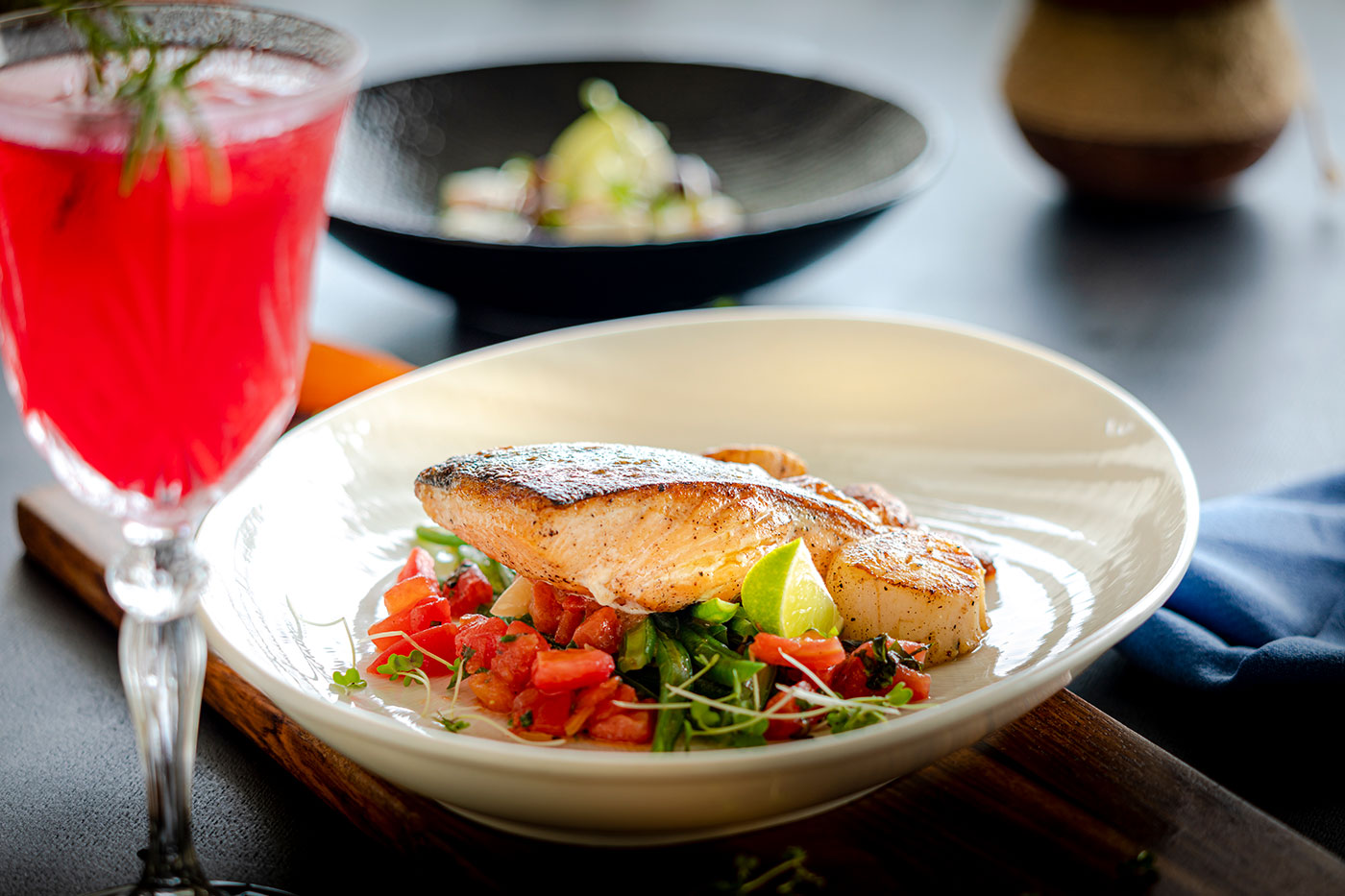
The Sustainable Seafood Movement began in the 1990s. This movement aims to improve the well-being of the seas and oceans, the long-term economic viability of the fisheries industry and the livelihood of coastal communities vulnerable to factors like climate change, pollution and reducing fish catches. The movement has highlighted the dangers of overfishing and environmentally destructive fishing methods. This has increased awareness and raised concerns over the way our seafood is obtained.
Fisheries is an important sector for the Indian economy. According provisional figures on the website of the Marine Products Export Development Authority, India exports marine products worth over US$ 6678.69 million per year. With a multi pronged strategy, addressing capture fisheries and aquaculture, it is expected to achieve an export turnover of US$ 15 Billion in next 5 years. Sustainable fishing methods, value addition and increased aquaculture production through diversification is expected to support the ambitious target set for exports.
Apart from exports, the domestic market for fish and seafood is huge. In India, millions of fishers are involved in catching or farming fish, many of them are foot fishermen or dependent on fishing from small boats. The socio-economic development of the fisherfolks and fisheries-dependent communities must, therefore, be a priority.
Hyatt has been working to increase the percentage of global seafood purchased from responsible sources, and has been collaborating with World Wildlife Fund (WWF) since 2012. It is among the first movers in the hotel industry taking a global and holistic approach to the Sustainable Seafood Movement. Grand Hyatt Kochi Bolgatty is a waterfront urban resort overlooking the backwaters of Vembanad Lake with restaurants known for their seafood, Colony Clubhouse & Grill’s signatures include Colony Seafood Soup, Smoked Salmon Nicoise and Mud Crab Cakes. Malabar Café offers regional specialties of Kerala, Thai Soul is their Thai specialty restaurant. This hotel collaborates with the Sustainable Seafood Network of India and its members.
On World Fisheries Day November 21, we spoke to Executive Sous Chef of Grand Hyatt Kochi Bolghatty Senthil Kumar about their seafood.
FEA: What is sustainable seafood Android fisheries in the Indian context?
Senthil: Central Marine Fisheries Research Institute and World Wildlife Fund have classified seafood species in 4 different categories:
Green – Abundant/Less abundant category in CMFRI stock classification
Orange – Declining category in CMFRI stock classification
Red – Deleted or collapsed category in CMFRI stock classification
NMF – Not a major fishery – only sporadic occurrence
Sustainable practice in the Indian context for me is not fishing the endangered species. At Grand Hyatt Kochi Bolgatty, we do not promote any endangered seafood in our menus.
FEA: What are the hotel initiatives for sourcing of sustainable seafood?
Senthil: Food miles, or how far the food has travelled plays a vital role in sustainability. Grand Hyatt Kochi Bolgatty strives to source from the closest fishing harbour and year-round local fisherfolk. It is not just about serving healthy and organic food but to promote the local communities and ingredients. We involve the local community of organic farmers and fishermen to get the local produce and fresh catch. They are our business partners.
A team of experts from the hotel also impart training on global trends of sustainable fishing practices to the local community. We use the Aquaculture Stewardship Council (ASC) and Marine Stewardship Council (MSC) certified seafood like Salmon and Prawns. All the procurements are based on sustainable SOPs.
Such sourcing of local produce and engagement with natives have brought the hotel closer to the community. Hence, we are also a World Wildlife Fund-approved seafood sourcing partner.
FEA: Does the menu change according to what is fresh, locally sourced and not overfished? How do you manage certain signature seafood dishes?
Senthil: Being situated literally amid the waters, our seafood ingredients are lusciously and deliciously fresh and it is Water to Platter as the daily catch makes its way to the kitchen every morning. Frozen seafood is taboo here and the menu is bound to use what the market brings forth.
The menus at Malabar Café, Colony Clubhouse & Grill, Thai Soul are designed as per the availability of the fresh seafood in and around Kochi and nearby coastal areas. Our menu changes as per fresh fish availability and the other parameters like local trawling ban and deep-sea fishing ban during the rainy season.
Signature dishes in the menu are made available as per the fishing calendar of the region.
FEA: Is there growing concern and awareness about the problems of pollution, overfishing etc in Kochi? Any companies and individuals working to raise awareness about sustainable fisheries and seafood?
Senthil: Plastic waste pollution and its impact on marine life and the human food chain is a globally identified potential health hazard. Unfortunately, Kochi waters are also facing the issue. A large chunk of waste ends up in streams and rivers until it is discharged into the sea causing pollution.
Marine Biology and Microbiology Department of Cochin University of Science and Technology and the government instituted agencies including CMFRI are working very closely with the fishermen community to promote sustainability fishing across Kerala’s coast.
FEA: What is the hotel’s contribution to the livelihood of fishers?
Senthil: The culinary and procurement team at the hotel visits the fishermen community at regular intervals to procure fresh catch. We have even created a WhatsApp group of fishing people who notify us on daily catch available at different harbours in Kochi. This empowers them with direct orders and more income.
FEA: Are customers ready to pay more for organic vegetables, sustainable seafood and ethical ingredients?
Senthil: In Kerala, a culture of heightened health consciousness has led to the proliferation of organic and sustainable food consumption. Moreover, it brings value to the table. Hence, guests are ready to pay for the thoughtfully crafted food with organic vegetables and sustainable seafood.
FEA: How do you ensure guests get to select the best seafood?
Senthil: For guests, sampling the catch of the day is one of the most satisfying ways to feel like a native at Colony Clubhouse & Grill – ancient style grillroom at the rooftop. We have fresh catches displayed and it is cooked as per the guest preferred marinades. These are some of the top offerings:
Oysters – Seasonal
Yellow clams – Seasonal
Green Mussels – Seasonal
Seabass fish – Permanent
Red snapper fish – Permanent
Emperor fish – Permanent
Mackerel – Permanent
Sardines – Permanent
FEA: What is your contribution to the seafood menu?
Senthil: Inspired by the innovative cooking practices from the villages of Tamil Nadu, I am practicing to implement home-style cooking and revive forgotten recipes of southern India in the kitchens of Grand Hyatt Kochi. I have been part of pre-opening teams for five Hyatt hotels and have hands-on experience in Asian and Arabic cuisines with special expertise in South Indian cuisines.
